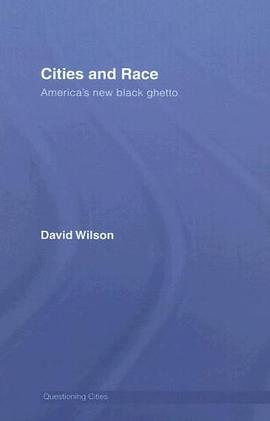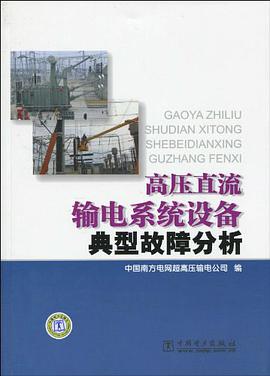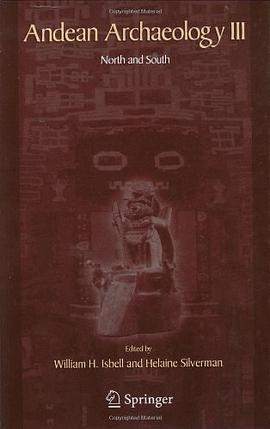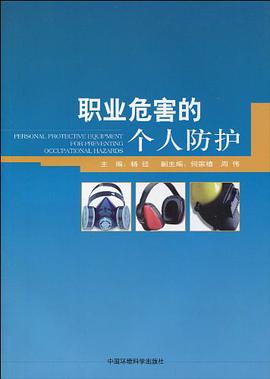

具体描述
War produces a preponderance of widows, often young widows with small children in their care. Rural widows must feed their families and educate their children despite rural poverty and the lack of opportunities for women. The economics of widowhood is therefore a significant social problem in less developed countries. This book explores in depth the economic coping practices of rural widows in the aftermath of the Cambodian civil war. War decimated widows' family support networks, including the loss of children - their social security. Their predominant economic plan was then to combine rice cultivation with an assortment of microenterprises - a 'rice plus' strategy. This significant study therefore also explores widows' access to key economic resources such as land, credit, and education. It concludes that although Cambodia's gender arrangement offered many economic options to widows, it also devalued their labour in a cultural structure of inequality: gender, poverty, and war interacted to reduce widows' financial resources, accounting for their economic vulnerability.
作者简介
目录信息
读后感
评分
评分
评分
评分
用户评价
相关图书
本站所有内容均为互联网搜索引擎提供的公开搜索信息,本站不存储任何数据与内容,任何内容与数据均与本站无关,如有需要请联系相关搜索引擎包括但不限于百度,google,bing,sogou 等
© 2026 book.wenda123.org All Rights Reserved. 图书目录大全 版权所有




















